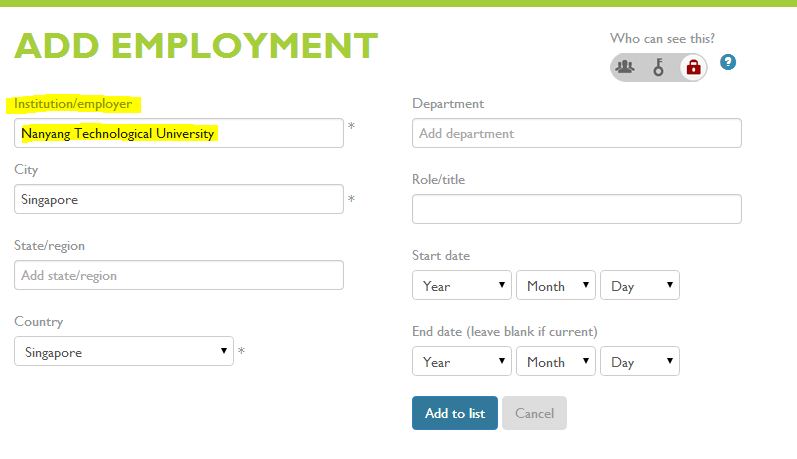Join us in celebrating International Open Access Week, Oct 20-26, 2014
Did you know ….
– Individual articles can often be made Open Access (OA) by the author, even if they are published in a subscription based journal
– Many journal publishers (eg. Elsevier, Sage, Springer) allow authors to deposit a version of their articles in an institutional repository
– Once in a repository, articles can be discovered via Google / Google Scholar, and the full text can be freely accessed
– Greater access means a larger potential readership, and may lead to more citations
– Singapore research funding agencies and universities have OA policies
How much do you know about Open Access?
Test your knowledge by taking NTU’s OA Week Quiz (URL link), and have a chance to win an iPad Mini!
Other institutions in Singapore celebrating OA Week include :
A*STAR
NIE
NUS
SMU
For more information about Open Access Week and OA :
- Open Access Week: A global annual event which aims to raise awareness on the potential benefits of OA.
- Open Access Directory: A comprehensive and up-to-date wiki on all matters relating to OA.
- Open Access at NTU: Find out more about open access and how to get involved!
- ROARMAP: A registry of OA mandates adopted by funders and institutions around the world (including Singapore).
- A*STAR OA Policy: Effective from 1 Aug 2013.
- SPARC: An international alliance of academic and research libraries working to create a more open system of scholarly communication.
- Richard Poynder’s blog: Poynder has been described as the “chronicler, conscience, and gadfly laureate” of the OA movement. The blog captures his writings and interviews with funding & research administrators, researchers & scientists, publishers on matters related to OA.


